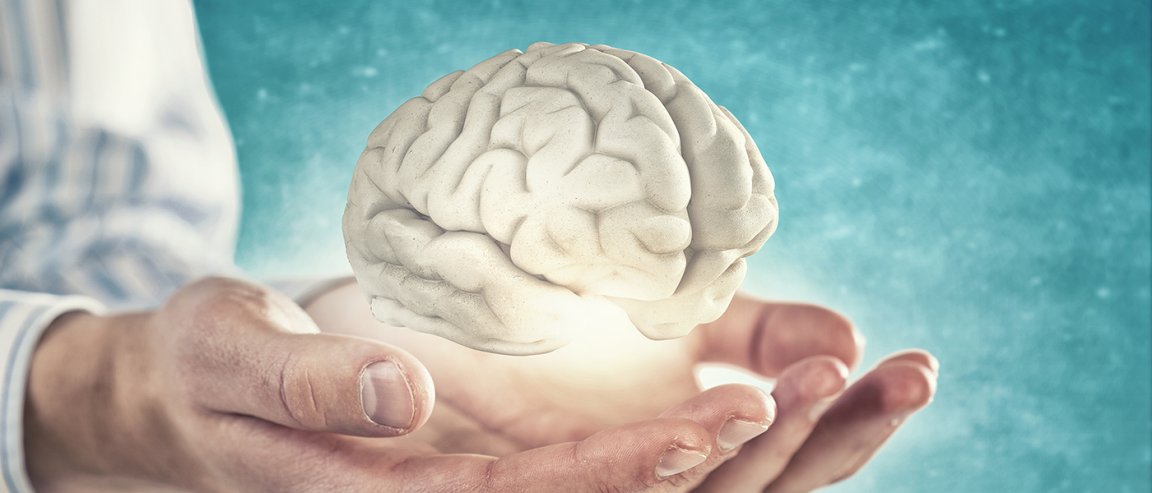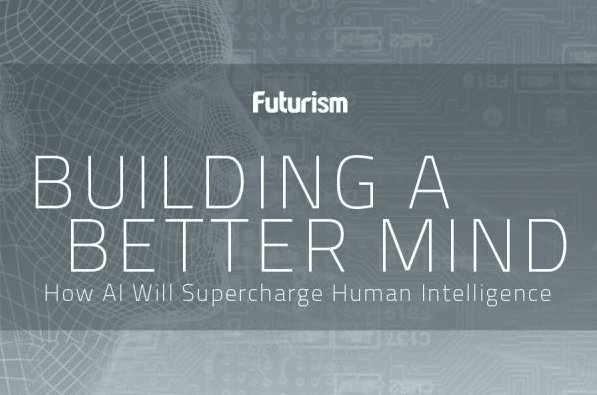
An Urgent Need
Scientists need brains. Specifically, they need your brain. Many people intend to donate their hearts, lungs, and kidneys after death, but don’t realize brains are also highly sought after. There are two main reasons for the shortage in US brain banks, such as the Harvard Brain Tissue Resource Center. First, the public is largely unaware of the demand.

Second, people suffering from mental conditions, such as depression and post-traumatic stress disorder (PTSD), think their brains can’t be donated. But in fact, the exact opposite is true – these are the brains scientists currently need most.
According to Professor Sabina Berretta of the Harvard Brain Tissue Resource Center in a report by the BBC:
If people think that there are no changes in the brain of somebody that suffers from major depression or post-traumatic stress disorder then there is no reason for them to donate their brain for research because there is nothing there to find. This conception is radically wrong from a biological point of view.
Major Advances
Access to actual brain tissue for research is critical to the study of neurological conditions like dementia, Parkinson’s disease, and Alzheimer’s disease. Advances in this field have largely been made by studying healthy brains, but being able to study specimens afflicted with these brain-associated conditions could result in significant advances in the field. In recent years, researchers have even made links between the shape of the brain and mental and neurological disorders.
“We have the tools and the ability to do some great deep-level biology of the human brain now. What we are lacking are the tissues from those with the disorders we need to really understand,” adds Dr. Kerry Ressler, chief scientific officer at McLean Hospital.
More brains, therefore, could ultimately lead to deeper insight into neurological disorders and pave the way for new treatments.